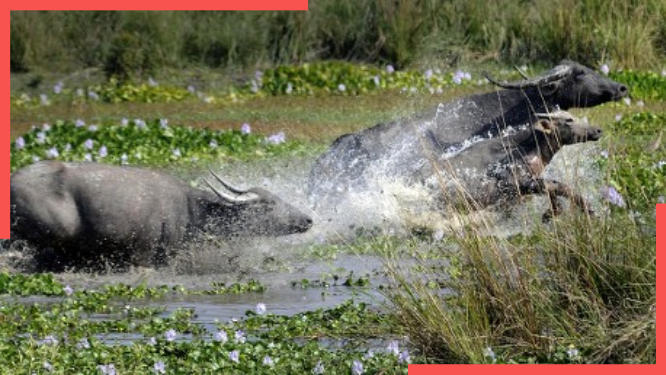
A tragic incident unfolded near Pobitora Wildlife Sanctuary in Assam as a 31-year-old farmer, Ruplal Malo, lost his life following a buffalo attack. The incident occurred on December 23 in the 1 No. Dhamkhunda (Kordia) area, under the jurisdiction of the Pragjyotishpur police station. The buffalo, which had wandered out of the sanctuary, fatally injured the farmer, leaving the local community in shock and raising concerns about human-wildlife conflict in the region.
Details of the Incident
- What Happened:
Ruplal Malo was tending to his field when the buffalo attacked him. Despite efforts to save him, he succumbed to his injuries. The buffalo, believed to have strayed from Pobitora Wildlife Sanctuary, displayed aggressive behavior, making it difficult for locals to intervene.
- Immediate Response:
Local authorities and forest officials were alerted. Efforts are underway to locate and secure the buffalo to prevent further incidents. The body was sent for post-mortem examination, and the police have registered a case to investigate the circumstances.
Human-Wildlife Conflict in Assam
The incident highlights the persistent issue of human-wildlife conflict in regions adjacent to wildlife sanctuaries like Pobitora.
- Frequent Encounters:
Pobitora Wildlife Sanctuary, known for its dense population of Indian one-horned rhinos, is home to various wildlife species, including buffaloes, that sometimes stray into human settlements. Increased human encroachment into wildlife habitats exacerbates such encounters.
- Loss of Life and Property:
Fatalities and injuries caused by wildlife are not uncommon in Assam. Crops and livestock often suffer damage due to wandering animals. In 2023, several similar incidents were reported, leading to growing tension between local communities and forest authorities.
Contributing Factors
- Habitat Encroachment:
Expansion of agricultural activities and settlements near protected areas has reduced buffer zones, increasing the likelihood of conflicts.
- Seasonal Behavior of Wildlife:
During certain seasons, animals like buffaloes and elephants move out of their habitats in search of food, often entering human-populated areas.
- Lack of Fencing:
Insufficient fencing around sanctuaries allows wildlife to stray into nearby fields and villages.
Community Reaction and Concerns
The local community has expressed grief over Malo’s death and demanded immediate action to address the recurring problem of wildlife straying into human settlements.
- Compensation for the Family:
Villagers have urged the government to provide financial aid to Malo’s family as compensation for their loss.
- Improved Safety Measures:
Residents are calling for the installation of effective barriers and increased patrolling to prevent similar incidents.
- Awareness Campaigns:
The community has emphasized the need for educational programs to teach locals how to safely handle encounters with wildlife.
Authorities’ Response and Next Steps
The forest department and local administration are working to mitigate the issue:
- Securing the Animal: Efforts are underway to capture and relocate the buffalo back to Pobitora Wildlife Sanctuary.
- Reviewing Safety Protocols: Officials are assessing current measures and planning improvements to minimize human-wildlife interactions.
- Compensation Scheme: Discussions about compensating Malo’s family are in progress, highlighting the need for a robust policy to support victims of such incidents.
Conclusion
The tragic death of Ruplal Malo near Pobitora Wildlife Sanctuary underscores the urgent need for strategies to address human-wildlife conflict in Assam. Strengthening sanctuary boundaries, promoting coexistence through community education, and implementing quick response mechanisms can help prevent such incidents in the future. As Assam’s wildlife-rich areas continue to attract global attention, ensuring the safety of both humans and animals is paramount.

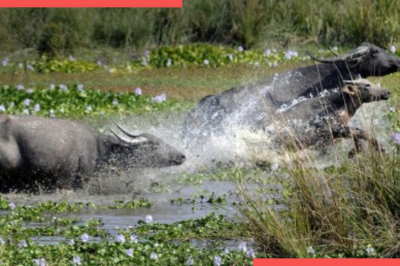




























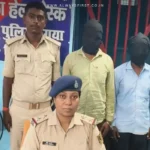
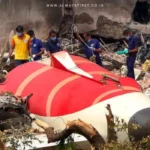


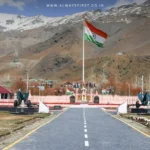






Leave a Reply